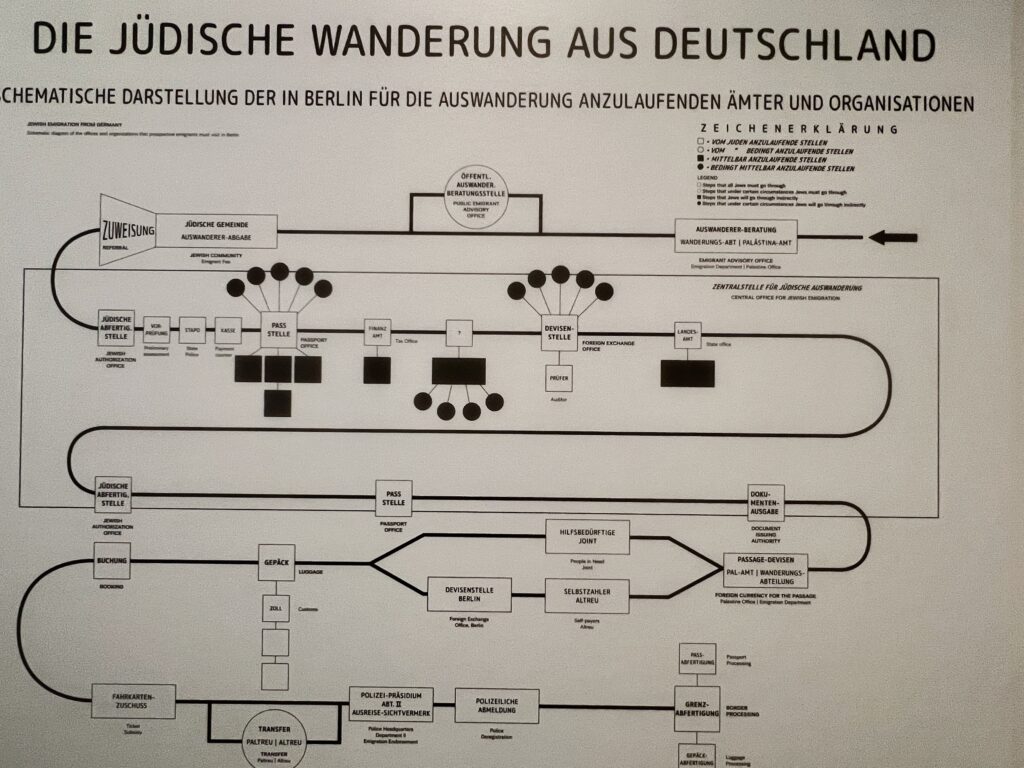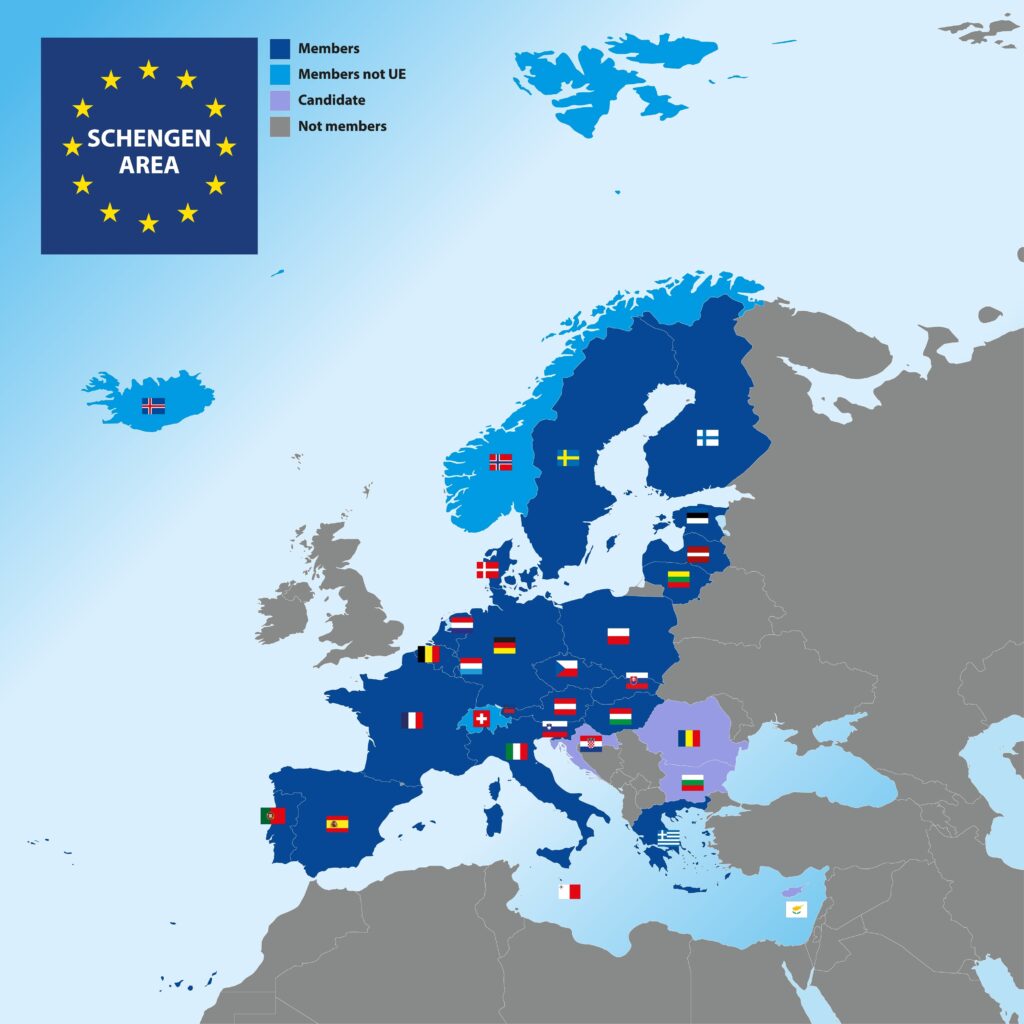By Christine Stenner, Attorney (Germany) at Stenner Law| Foreign Legal Consultant (PA) | October 16, 2025
The clients I work with often carry stories that reach back nearly a century. Many are descendants of those who fled Germany in the early years of the Nazi regime, families who faced the impossible choice between staying in a country that no longer recognized them as citizens or leaving behind everything they had built. Working with them is not only a legal process but also an ongoing history lesson, a reminder of how deeply law, loss, and survival are connected.
I often evaluate the documents these families have preserved from that time. Many are written in old German script, fragile pages that have survived wars and generations. There are passports stamped with official seals, exit permits, and inventory lists of belongings sold or seized before departure. These artifacts are silent witnesses of escape, proof of the obstacles their owners had to overcome simply to leave the country that had once been their home.
When I visited the Jewish Museum in Berlin a few weeks ago, I took a photograph of a schematic titled Die Jüdische Wanderung aus Deutschland, meaning The Jewish Migration from Germany. It depicts, with chilling precision, the path every Jewish emigrant had to take to secure permission to leave. The chart shows the sequence of offices one had to pass through: the Jewish community’s emigration department, the passport office, police headquarters, the foreign exchange authority, the tax office, and finally customs. Each stop demanded new forms, fees, and signatures. One missing document could halt the process entirely. It was a bureaucratic labyrinth that turned oppression into procedure.
To leave Germany in the 1930s meant surrendering nearly everything of value. Businesses were sold under coercion, often to non-Jewish buyers for a fraction of their worth. Bank accounts were frozen and controlled by the Foreign Exchange Office, known as the Devisenstelle, which decided what, if anything, could be transferred abroad. The Reich Flight Tax, a levy of twenty-five percent on total assets, transformed emigration into a source of state revenue. After the pogrom of November 1938, the Jewish Property Levy imposed a collective billion-Reichsmark payment on Jews who still had assets, deepening their financial ruin.
Even those who managed to pay all fees and taxes were not guaranteed freedom. From October 1938 onward, Jewish passports were invalid unless marked with a red J. Police deregistration, tax clearance, and customs inspections followed. Officials opened luggage, revalued personal items, and confiscated anything considered too valuable to export. By September 1939, more than 300,000 Jews had managed to leave Germany, yet many found themselves trapped again as the war spread across Europe.
The Nazi state had turned emigration into both a policy and a profit mechanism. What began as encouragement to leave evolved into systematic expropriation, and by 1939 the process was centralized under the Reich Central Office for Jewish Emigration. This so-called streamlining of procedures did not simplify departure for Jews but optimized the state’s control and confiscation. In 1941, emigration was officially banned, and the same administrative machinery was redirected toward deportation.
Standing before that schematic in Berlin, I was struck by its “German precision”. It looked like an efficient system, yet every line represented fear, humiliation, and loss. What appeared as a chart of procedure was a map of persecution. For the families I work with, these histories are not distant or abstract. Their ancestors once stood in those lines, filled out those forms, and waited for approval that often came too late.
Today, many of their descendants reclaim German citizenship not only to honor their family history but also to regain options their ancestors no longer had. A German passport today offers freedom to live, work, and study across Europe, expanding personal and professional choices. What once marked forced exile has become a way to rebuild connection and flexibility for future generations.
If you are thinking about reclaiming German citizenship, the first step is to book a consultation and have me review your documents to assess your eligibility.
About the author
Christine Stenner is a German attorney with 25+years of experience. She is admitted to practice German law in the United States and focuses exclusively on German citizenship law for clients living abroad. At STENNER LAW, she assists applicants with restoring or reclaiming German citizenship through declaration, re-naturalization, and restitution-based applications.
👉 Schedule your consultation here



